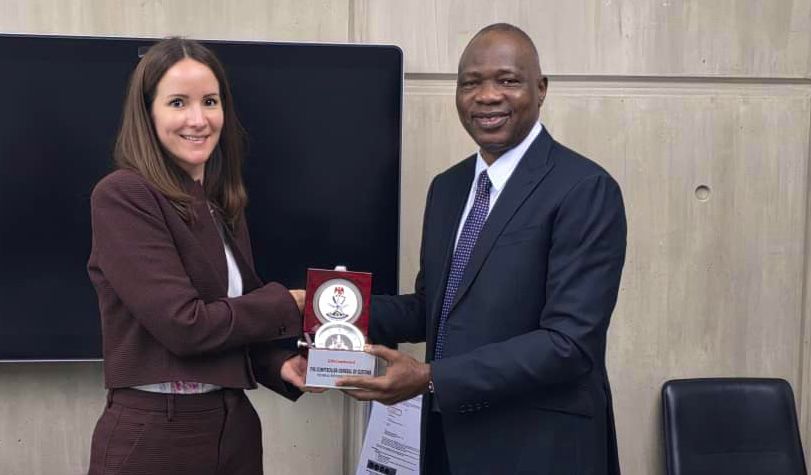Diplomatic ties between Nigeria and the Netherlands have been further strengthened following a two-day working visit by the Comptroller-General of the Nigeria Customs Service (NCS), Dr Adewale Adeniyi, aimed at enhancing cooperation on trade facilitation, port efficiency and border management.
The visit, which took place from October 29 to 31, brought together senior officials from both nations for a series of high-level meetings, technical briefings and strategic exchanges in Rotterdam and The Hague.
Adeniyi led the Nigerian delegation to the headquarters of Dutch Customs at Laan op Zuid in Rotterdam, where they were received by senior officials of the Netherlands Customs Administration. The sessions covered a wide range of topics including tariff classification, risk management and cargo clearance procedures.
The team attended a detailed presentation by the Netherlands’ National Tariff Classification Team, led by Ed Tulp, which examined tariff and origin procedures within the Dutch system. This was followed by a technical session on risk management, delivered by Dennis van der Wolk of the Customs National Tactical Centre, focusing on data-driven profiling, cargo monitoring and tactical decision-making.
Speaking during the engagements, Adeniyi commended the Netherlands Customs Service for its structured and analytical approach to compliance and risk management.
“The presentations have been particularly insightful in showing how systematic collaboration and data-driven analysis can enhance compliance and trade facilitation across borders,” he said. “Nigeria Customs remains committed to adopting international best practices that balance enforcement with facilitation, ensuring legitimate trade thrives while safeguarding revenue and security interests.”
The delegation later visited Schiphol Airport, where they received a comprehensive briefing on the airport’s advanced cargo clearance and classification systems.
Deputy Comptroller-General Caroline Niagwan, who heads the Tariff and Trade Department, described the visit as “instrumental” in shaping Nigeria’s ongoing modernisation efforts.
“The practical insights gained here will be vital in improving Nigeria’s cargo handling systems,” she said.
